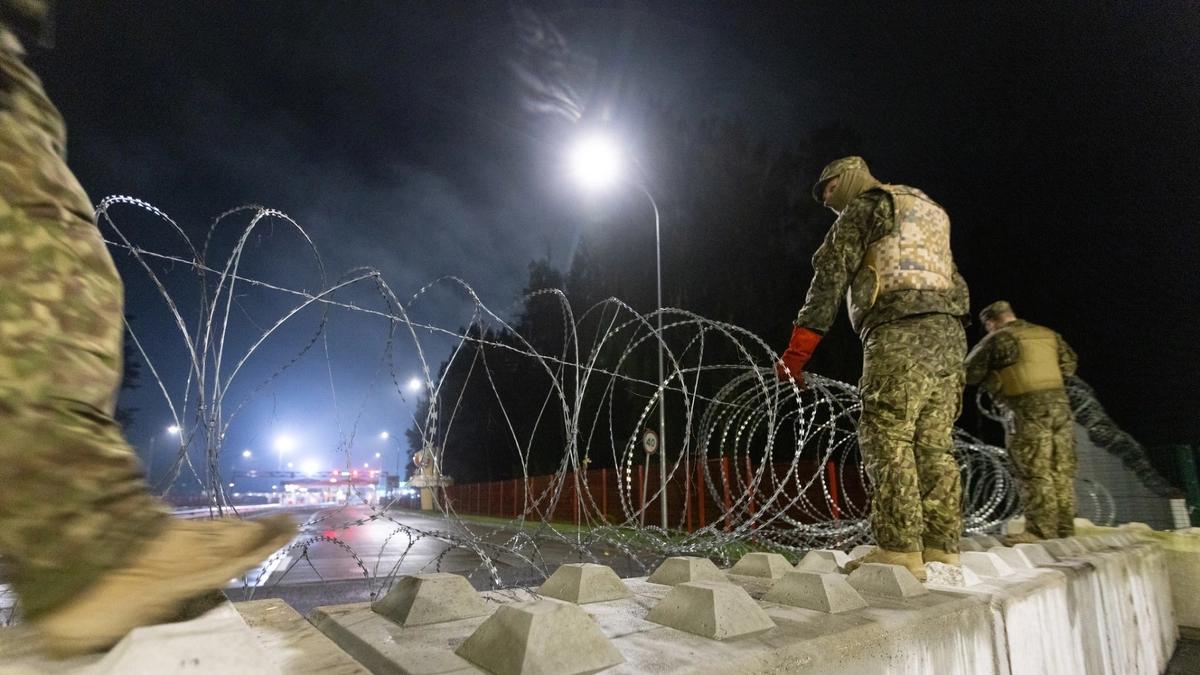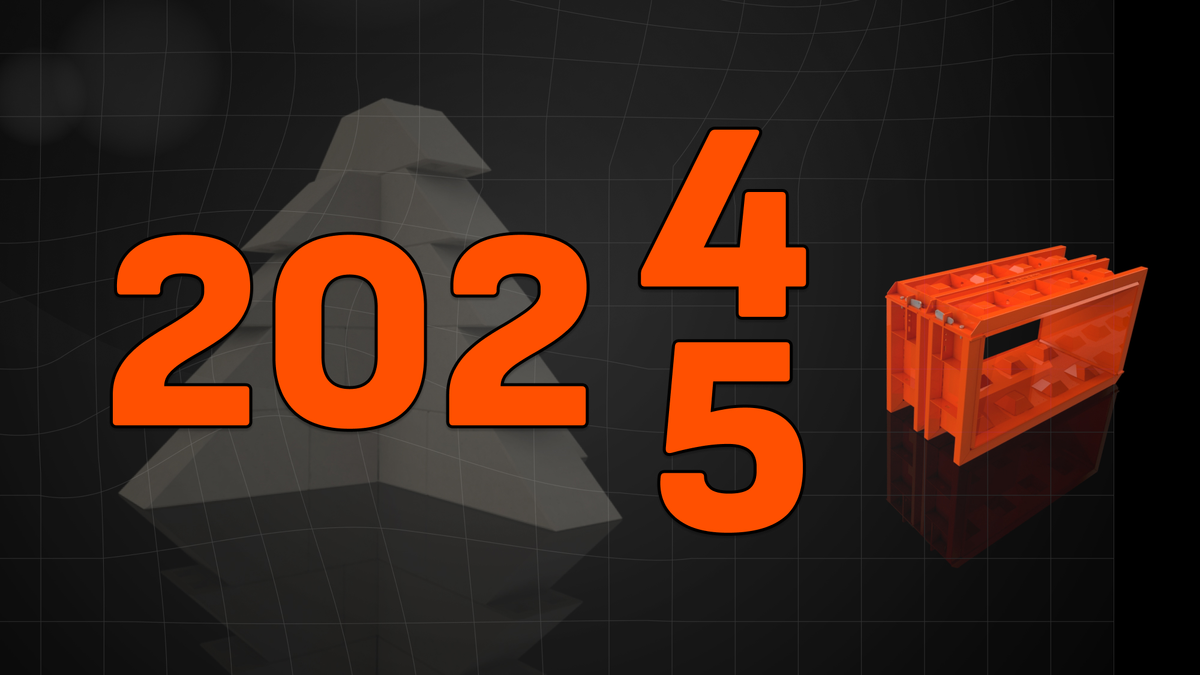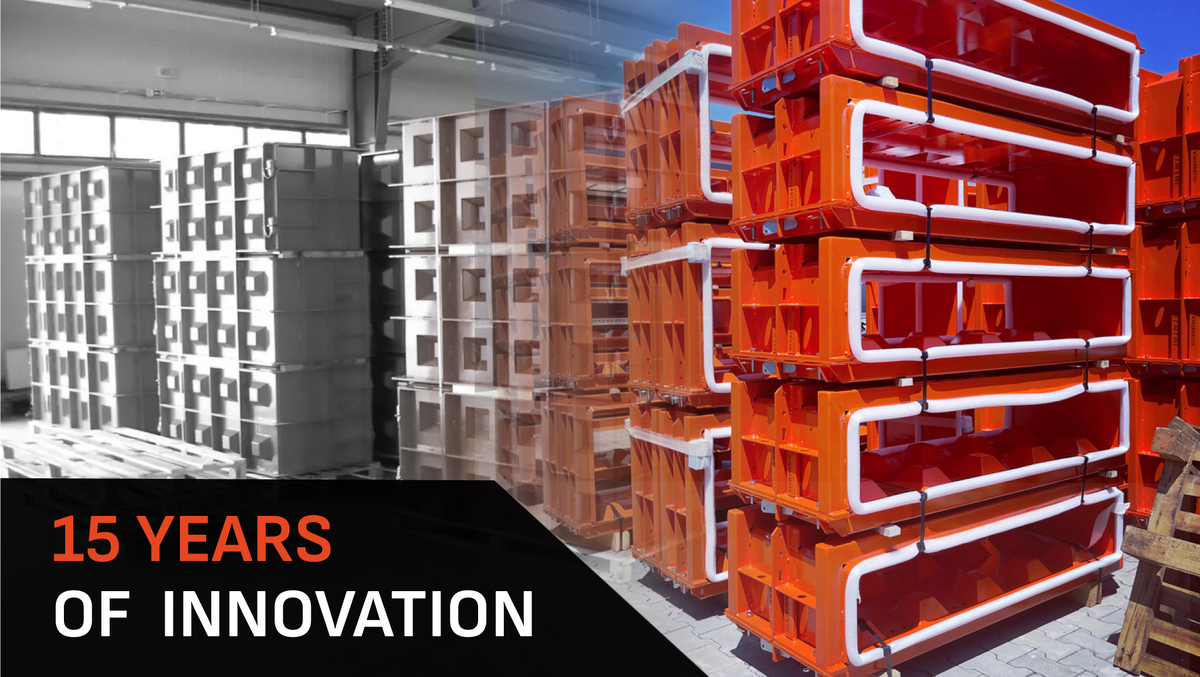Concrete blocks are often associated with construction projects, such as retaining walls or industrial applications. However, in recent years, these versatile structures have proven their value in an entirely different context: enhancing security and defense. Countries like Latvia and its Baltic neighbors are utilizing concrete blocks in innovative ways, strengthening borders and fortifying strategic locations in response to modern security challenges.
Concrete Blocks in Border Security and Defense
The use of concrete blocks in security measures has been gaining momentum, particularly in Latvia, where recent initiatives highlight their critical role:
Strengthening Borders with Physical Barriers:
In 2024, Latvia conducted comprehensive tests on border obstacles designed to protect its territory. These included robust concrete barriers used to halt unauthorized crossings and ensure the integrity of border checkpoints.
Tank-Resistant Structures:
At the forefront of these tests were evaluations of barriers against military-grade threats, such as tanks and other heavy vehicles. Concrete blocks demonstrated their resilience, offering a dependable solution for creating tank-resistant obstacles.
Closing Border Checkpoints:
At points like Silene and Vientuli, concrete blocks were used to close and secure border checkpoints rapidly. These barriers not only prevent unauthorized access but also provide flexibility to reopen the points when needed.
Defensive Lines for NATO and the EU:
Latvia, along with Lithuania, Estonia, and Poland, has been using concrete blocks as part of broader defensive strategies. These blocks form part of NATO’s infrastructure for protecting critical borders, showcasing their strategic importance.
Why Concrete Blocks Are Ideal for Security
Concrete blocks are increasingly favored for border and defense applications due to their unique properties:
Extreme Durability:
Designed to withstand heavy impacts, harsh weather conditions, and even military-grade stress, these blocks offer unmatched resilience.
Versatility:
Concrete blocks can be used for various purposes, from temporary checkpoints to permanent defensive walls, making them adaptable to changing needs.
Ease of Deployment:
Their modular design allows for quick installation and reconfiguration, enabling rapid responses to evolving security threats.
Cost-Effectiveness:
Compared to high-tech barriers or advanced fortifications, concrete blocks provide a budget-friendly alternative while maintaining high levels of protection.
Proven Performance in Tests:
Recent Latvian tests showed that concrete barriers effectively withstood impacts from tanks and other heavy machinery, proving their value in critical scenarios.
Concrete Blocks in Action: A Closer Look at Latvia
Latvia has been a leader in exploring innovative uses for concrete blocks:
Border Obstacle Tests:
Conducted in late 2024, these tests evaluated a combination of physical and technical barriers. Concrete blocks played a central role, showcasing their capability to reinforce fencing, prevent unauthorized vehicle crossings, and support other protective measures.
Collaborative Defense Efforts:
By incorporating concrete blocks into NATO's regional strategies, Latvia contributes to a more secure European Union border.
Flexible Solutions for Emergencies:
Concrete barriers allow authorities to quickly secure or reopen critical checkpoints, making them an ideal choice for dynamic security challenges.
Conclusion
Concrete blocks have evolved beyond their traditional role in construction to become essential tools for security and defense. From securing borders to creating tank-resistant obstacles, these structures offer a durable, cost-effective, and versatile solution for modern challenges. At 3A Block, we take pride in providing moulds for producing high-quality concrete blocks. Whether for construction or innovative uses like border security, our moulds are built to meet your needs. Contact us to learn more about how our products can contribute to your projects.
Source: www.sargs.lv
 English
English Français
Français Español
Español Deutsch
Deutsch Italiano
Italiano










